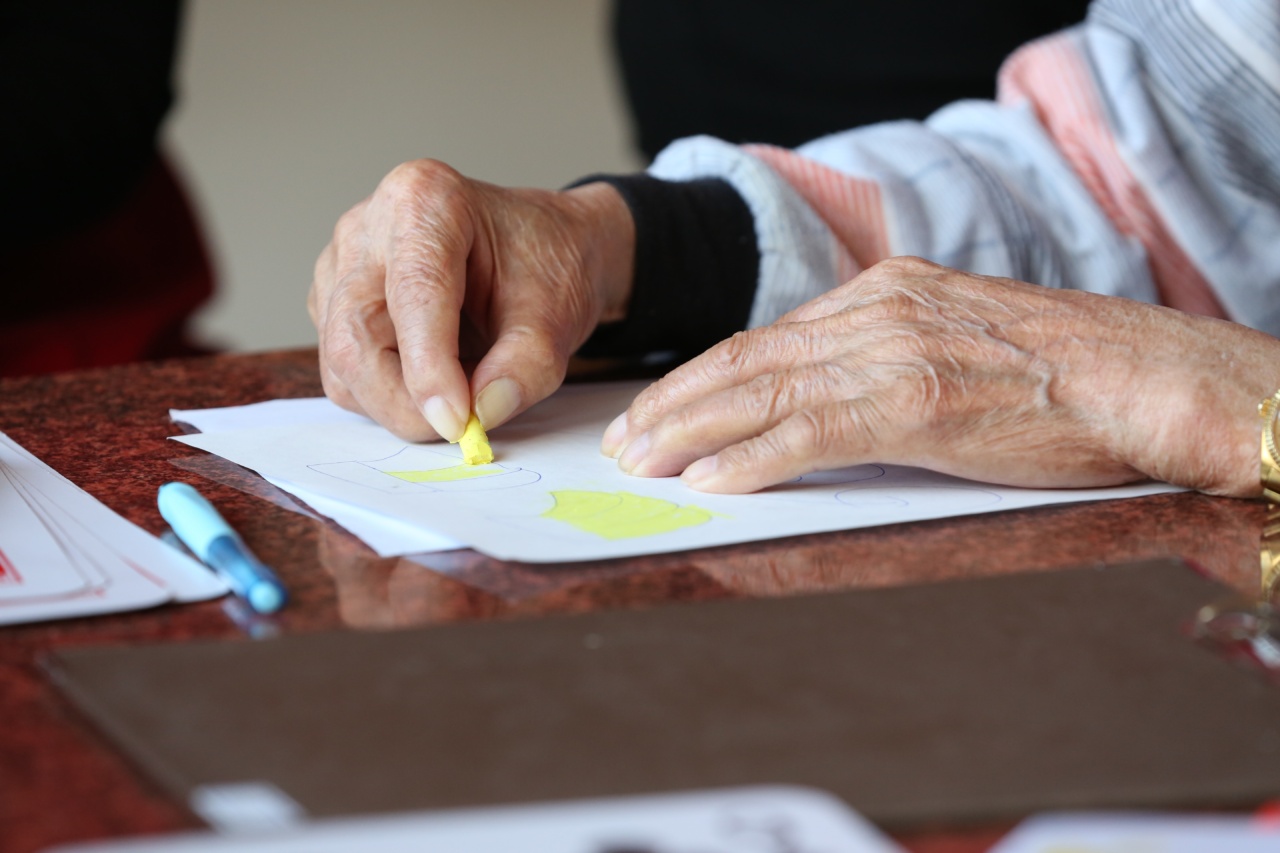For many people, cracking their knuckles is a habit they can’t seem to break. Whether it’s done out of boredom, stress, or simply as a way to relieve tension, the sound of knuckles being cracked is a familiar one.
However, there has long been a belief that cracking your knuckles can lead to arthritis. Is there any truth to this claim? Let’s uncover the facts and separate myth from reality.
Understanding Joint Cracking
When you crack your knuckles, you are essentially creating a popping sound that occurs when you pull apart the bones of your fingers or toes, thus creating negative pressure in the joint.
This negative pressure causes the synovial fluid, which acts as a lubricant in the joint, to fill the vacuum and form a bubble of gas. When the bubble collapses, it produces the familiar cracking sound.
While the sound may be unsettling to some, joint cracking is generally harmless and rarely causes any immediate pain or discomfort. But what about the claims that it can lead to arthritis?.
The Arthritis Myth
Contrary to popular belief, there is no scientific evidence to suggest that cracking your knuckles leads to arthritis.
The myth may have originated from the fact that arthritis is often associated with joints that make cracking sounds, such as those in the knees or hips. However, studies examining the long-term effects of knuckle cracking on joint health have consistently found no link to the development of arthritis.
One notable study published in the Journal of the American Board of Family Medicine examined the hand radiographs of 215 people, comparing the prevalence of arthritis between those who cracked their knuckles and those who did not.
The study found no significant difference in the rates of arthritis between the two groups, debunking the long-standing myth.
Benefits & Risks
While cracking your knuckles might not be harmful in terms of arthritis, there are still some potential risks and benefits worth considering.
Benefits of Knuckle Cracking:
- Tension Relief: Crackling your knuckles may provide temporary relief from joint stiffness and tension.
- Increased Mobility: Some individuals report feeling increased mobility and flexibility in their fingers after cracking their knuckles.
- Satisfaction: For some, cracking their knuckles simply provides a satisfying sensory experience.
Risks of Knuckle Cracking:
- Joint Irritation: Excessive and forceful knuckle cracking can irritate the surrounding tissues and lead to swelling or discomfort.
- Weakened Grip Strength: Over time, repetitive knuckle cracking may weaken the grip strength in your fingers.
- Nail Damage: If not done carefully, knuckle cracking can cause nail problems, such as subungual hematoma (bleeding under the nail).
Ultimately, whether you choose to crack your knuckles or not is a personal decision. While it may offer temporary relief or satisfaction, it is important to crack your knuckles in moderation and avoid excessive force.
Alternative Methods for Joint Relief
If you’re looking for alternative ways to relieve joint tension and stiffness without resorting to knuckle cracking, there are several options worth exploring:.
1. Stretching Exercises:
Simple stretching exercises that target the fingers, hands, and wrists can help improve flexibility and reduce stiffness.
2. Hand Exercises:
A variety of hand exercises, such as squeezing a stress ball or using hand grips, can help strengthen the muscles around your joints and improve their stability.
3. Heat or Cold Therapy:
Applying heat or cold packs to your joints can help alleviate pain and reduce inflammation. Experiment with both to see which works best for you.
4. Massage Therapy:
Regular hand and finger massages can increase blood flow, relieve tension, and promote joint health.
5. Healthy Lifestyle:
Maintaining a healthy diet, managing stress levels, and incorporating regular exercise into your routine can all contribute to overall joint health.
Conclusion
Cracking your knuckles might be a hard habit to break, but rest assured, there is no evidence to support the claim that it leads to arthritis. While the sound may annoy some, it is generally harmless, as long as it is done in moderation.
Remember to listen to your body and consult a healthcare professional if you experience any persistent pain or discomfort in your joints.































